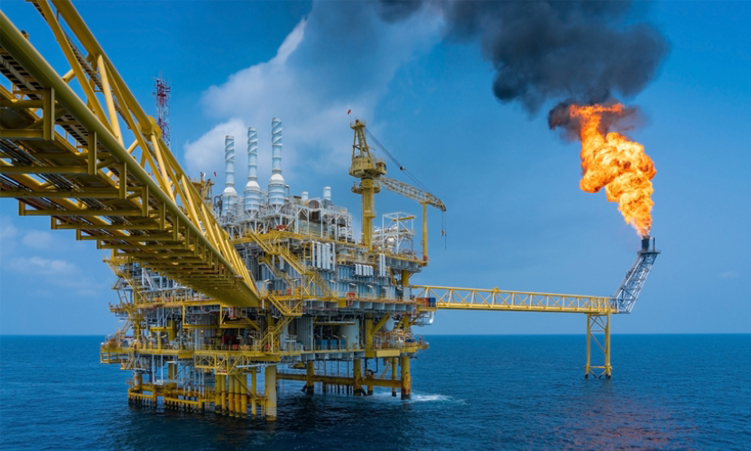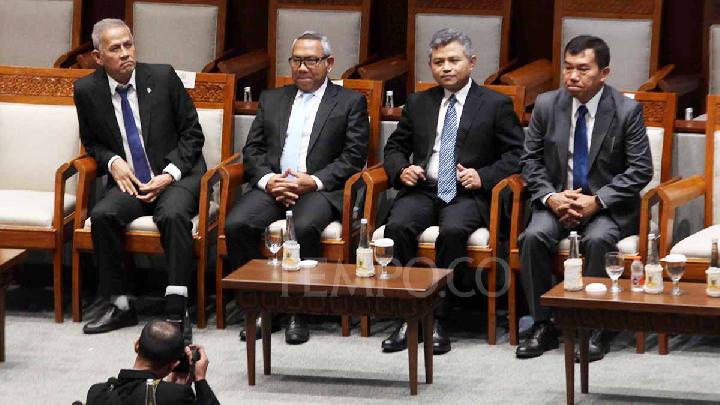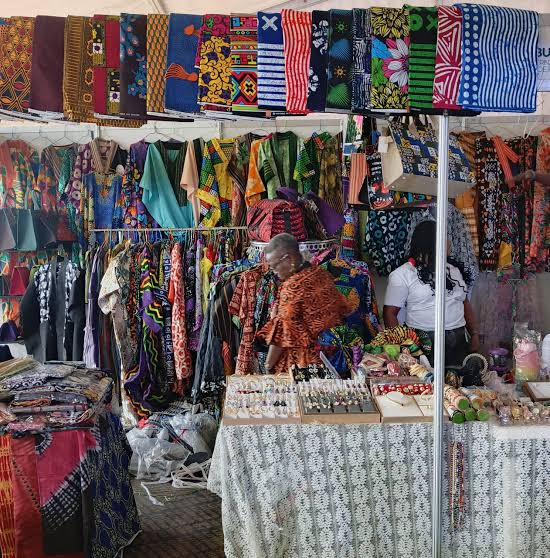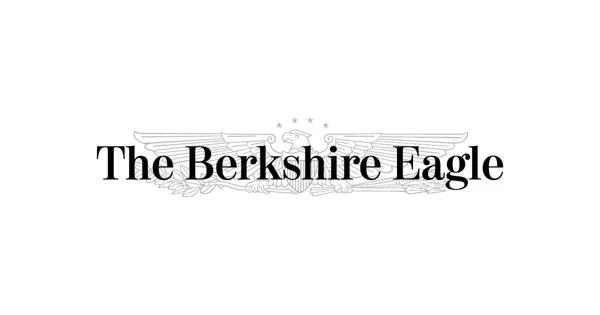By Kabelo Khumalo
Copyright namibian

Diversified industrial group Bidvest is expanding logistics in the country to handle more cargo
South African (SA) companies are scaling up their operations in Namibia as economic activity in SA moves at pace to exploit its vast oil and gas riches.
This is expected to transform the economy into one of southern Africa’s wealth centres.
The surge in economic activity is deepening existing SA exposure across finance, industry and retail, prompting new capacity investment and strategic positioning by major companies.
Bidvest has become the latest to paint a picture of an economy poised to become Africa’s next investment hotspot as Namibia’s resource prospects shift from speculative to transformational.
The diversified industrial group – one of the most revealing windows into Namibia’s evolving economy – is expanding logistics capacity to handle more cargo, approving a R120-million package to build a multipurpose terminal and import warehouse set to come online in the coming months.
Bidvest Group chief executive Mpumi Madisa says prospects for the Namibian economy were looking good and the group was positioning itself to benefit from increased activity in the country.
“Oil and gas activity has materially changed that market. Over the last three years, we have seen significant growth coming out of all our operations in Namibia, whether it is freight, stationery, office automation or furniture.
“All our businesses have done well,” Madisa says.
“It’s all on the back of increased oil and gas activity. We are seeing more cargo volumes coming through the system. What we are also providing in the oil and gas sector is clearing and forwarding services, and whatever other supplies that may be required by rigs, we are able to supply those.
“This is why we have run out of capacity and approved R120-million capex so that we build a multipurpose terminal and import warehouse facility.
“This should be commissioned in the third quarter, which will put us in a position to handle additional cargo. We are excited about the volume growth that will come from 2026 onwards.”
NO ACCIDENT
The timing of the investment is no accident.
It suggests Bidvest is seeing sustained momentum on the ground, making it one of the proxies for Namibia’s physical economy and trade flows.
Namibia was last month ranked as Africa’s number-one foreign direct investment (FDI) destination in the 2025 Greenfield FDI performance index, which also ranked it second in the world.
The index is published by FDi Intelligence, a specialist division of the Financial Times, and ranks countries based on their ability to attract FDI relative to the size of their economies.
According to the United States International Trade Administration, if recent oil finds in Namibia prove to be commercially viable, Namibia could become a top 15 global oil producer by 2035, thus unlocking an unprecedented revenue windfall for the government.
Banks are positioning accordingly.
Nedbank chief executive Jason Quinn and Terence Sibiya, the group’s head of Africa regions, last month met high-ranking Namibian government officials to reaffirm the lender’s commitment to the oil- and gas-rich country.
It is contemplating a model to bring local ownership to its subsidiary in Namibia.
Quinn expects the bank to play a big role in financing oil and gas projects in Namibia.
He met with senior officials from TotalEnergies to outline their plans to extract oil they have found in the country.
The French major, which discovered light oil and gas on the Venus prospect in 2022, is said to be in advanced discussions to make a final investment decision in the region of US$15 billion to US$20 billion, which will then take five years of development. SA’s top commercial law firms have strengthened their presence in Namibia.
Cliffe Dekker Hofmeyr (CDH) opened an office in Namibia with four directors, who joined the firm from a local firm.
Its expansion into the oil-rich country follows earlier moves from the likes of Bowmans, ENS and other rivals.
“Namibia’s upstream oil and gas sector is on the verge of rapid transformation,” CDH Namibia managing partner Patrick Kauta says.
He flags three requirements operators must comply with to operate in the country: local content, environmental compliance, and fiscal and contractual structure.
“Namibia is finalising a local content policy for upstream petroleum. Even before it is enacted, regulators are already expecting operators to demonstrate how they will integrate Namibian suppliers, services and labour into their projects.
“Getting this right in the beginning is key to building goodwill,” Kauta says.
The opportunities in Namibia do not start and end with oil and gas, with the country also having robust mining and quarrying sectors and agriculture.
It has also outlined big hydrogen ambitions.
“For long-term investors, particularly SA investors seeking growth beyond their domestic borders, Namibia offers a compelling mix of familiarity and frontier potential,” says Casey Sprake, an economist at Anchor Capital.
“On one hand, it is a structurally stable, policy-driven economy with high potential for energy-led growth, regional integration, and environmental, social and governance (ESG) aligned investment.
“On the other hand, it faces real macroeconomic and institutional tests, including income stagnation, fiscal vulnerabilities and the pitfalls of premature aid dependence.”
Namibia is an appealing prospect for SA investors for many reasons, including the fact that the Namibia dollar’s 1:1 peg with the rand eliminates foreign exchange volatility.
The country’s tax regime is also relatively attractive, with a top personal income tax rate of 37% (compared with SA’s 45%) and full repatriation of capital and profits, according to Sprake.
“A well-functioning judicial system, strong protection of property rights and high-quality physical and telecommunications infrastructure further bolster investor confidence,” she says.
– Business Day (businesslive.co.za)



